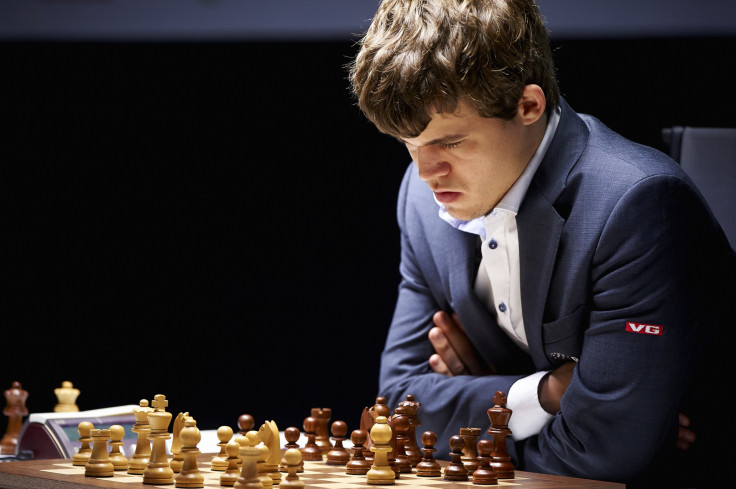New York Times May End Chess Column After 50-Plus-Year Run

Talk about burying the lede. The New York Times ran its weekly chess column on Monday as it has religiously since the first one appeared on April 16, 1962. But after detailing the microdramas of The Grand Prix, the biennial chess tournament organized by the World Chess Federation, Dylan Loeb McClain, the Times' Gambit Chess Blog writer since 2007, announced the end of the chess column in one italicized sentence, without an explanation: "This is the final chess column to run in The New York Times." Later, reported Poynter, Times spokesperson Danielle Rhoades Ha said, "We are considering eliminating the chess column in order to keep freelance costs in line. A final decision for the column (on all platforms) has not been made yet.”
Reaction in the comments section to the initial announcement was swift. "I've been testing myself against your column for over 50 years now," wrote one commenter. "Please don't take that away." “I don't even know how to play chess," wrote another commenter, "but I still take comfort from the fact that the Times runs columns devoted to the subject -- and want to cast a vote for their dediscontinuation!” Another commenter questioned the timing: "For the New York Times to drop its chess column now when the interest and popularity of the game is rising, is an odd decision. Can we have an explanation please?" Taking to Twitter to make his response, chess legend Gary Kasparov was not so sentimental: “Few will mourn, even as a symbolic loss.”
Perhaps, unlike poker or physical sports like football, chess is not much of a spectacle, its dramas understood only by its fans. McClain hinted about the need to bring out chess' excitement in a column he wrote in 2010 called, "How to Make Chess Sizzle." "[I]t is much easier for armchair fans to appreciate and understand the high level of athleticism required to serve a tennis ball 150 miles an hour (or return that serve) than it is for them to recognize the difficulty of playing a competitive chess game for four or five hours," McClain wrote. "Casual fans understand that it must be hard, but they tend to focus on the mental acuity required, which means that they tend to lump chess players in with mathematicians and scientists. Good luck convincing anyone that those two groups are replete with athletes."
Apparently, chess' lack of outward razzle-dazzle didn't deter the chess column's fans. Lamented Terese from New York City, "Why is the chess column being discontinued? I'm not a chess player, but I've enjoyed reading it because it goes beyond chess to illuminate gender issues, psychology, national and ethnic rivalries and the economics of the game. Maybe The Times should reconsider!"
With Rhoades Ha's announcement, it looks like the New York Times is doing just that.
Few will mourn, even as a symbolic loss. "This is the final chess column to run in The New York Times." http://t.co/iJh1bwqqir
- Garry Kasparov (@Kasparov63) October 12, 2014© Copyright IBTimes 2025. All rights reserved.






















